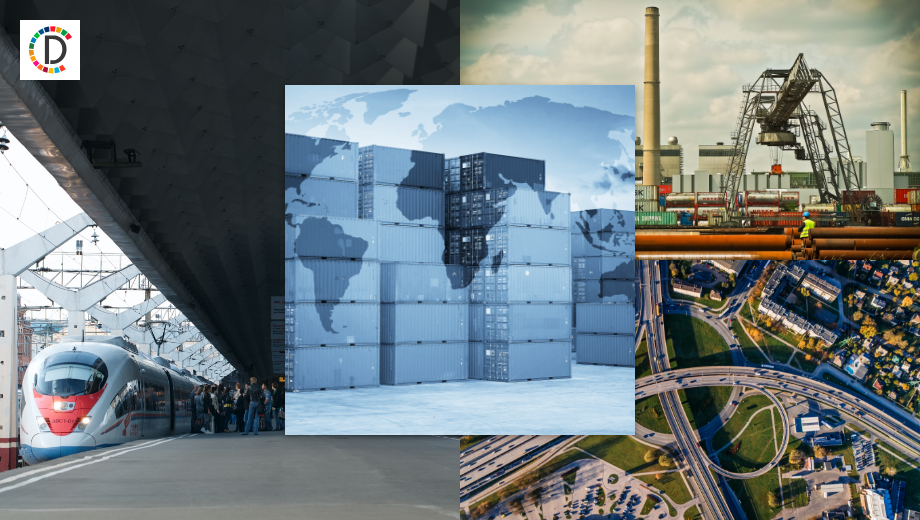Rail links high on agenda of China-Vietnam leaders' meeting
A Vietnamese official said new agreements were expected during Lam's trip to China, including on railways, other investments and trade in agricultural products. CHINA FUNDS Prime Minister Pham Minh Chinh called for Chinese funding and technology for Vietnamese railways during a visit to China in June, according to Vietnamese state media, in what appeared as a significant change of tack. Hanoi has for years remained vague about the use of Belt and Road Initiative's funds, China's flagship infrastructure programme, after protests erupted in Vietnam in 2018 over plans for closer economic ties with China.

Rail links will be high on the agenda when Vietnam's newly appointed leader To Lam meets China's President Xi Jinping next week, officials said, as the neighbours seek to boost trade and improve supply chains.
The countries are connected by three railways from Southern China to Vietnam's capital Hanoi and its northern industrial hub, but the Vietnamese infrastructure dates back to French colonisation and it has a different gauge than Chinese high-speed rail, forcing passengers and goods to swap trains at the border. Mistrust between the two Communist-run neighbours, which fought a brief border war in the late 1970s and often still clash over boundaries in the South China Sea, has long hampered progress on rail links, but in recent months economic considerations appear to have prevailed over security concerns.
In December, Xi offered grants and loans to help upgrade Vietnamese railways and the countries signed two memoranda of understanding (MoU) to boost railway cooperation. The focus of Lam's trip to China, his first abroad since he was also given the party chief job earlier in August, is on implementing signed agreements and "achieving new substantive cooperation results, especially in the areas of mutual interest such as railway connection," Vietnamese foreign minister Bui Thanh Son said in a statement.
China's ambassador in Hanoi, Xiong Bo, told local reporters this week according to a summary seen by Reuters that the two sides were accelerating plans for three rail lines: from Lao Cai to the port city of Haiphong via Hanoi; from Lang Son to Hanoi; and a third one along the coast from Mong Cai to Haiphong. A Vietnamese official said new agreements were expected during Lam's trip to China, including on railways, other investments and trade in agricultural products.
CHINA FUNDS Prime Minister Pham Minh Chinh called for Chinese funding and technology for Vietnamese railways during a visit to China in June, according to Vietnamese state media, in what appeared as a significant change of tack.
Hanoi has for years remained vague about the use of Belt and Road Initiative's funds, China's flagship infrastructure programme, after protests erupted in Vietnam in 2018 over plans for closer economic ties with China. That, however, has not stopped Chinese private investment in Vietnam, which is booming.
Seamless rail links are seen as crucial for supply chains, as a growing number of Chinese manufacturers move some export-oriented operations to Vietnam amid trade tensions between China and the United States. Vietnam is planning a massive expansion of its internal rail network with a 1,500-km-long high-speed connection from Hanoi to Ho Chi Minh City, at a cost of roughly $70 billion, the country's biggest infrastructure project ever.
(This story has not been edited by Devdiscourse staff and is auto-generated from a syndicated feed.)










